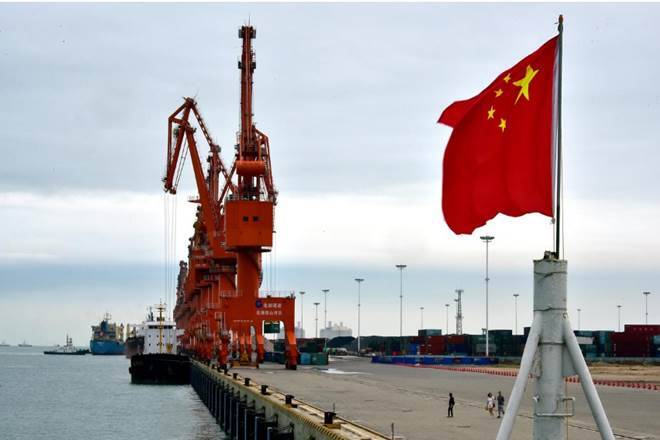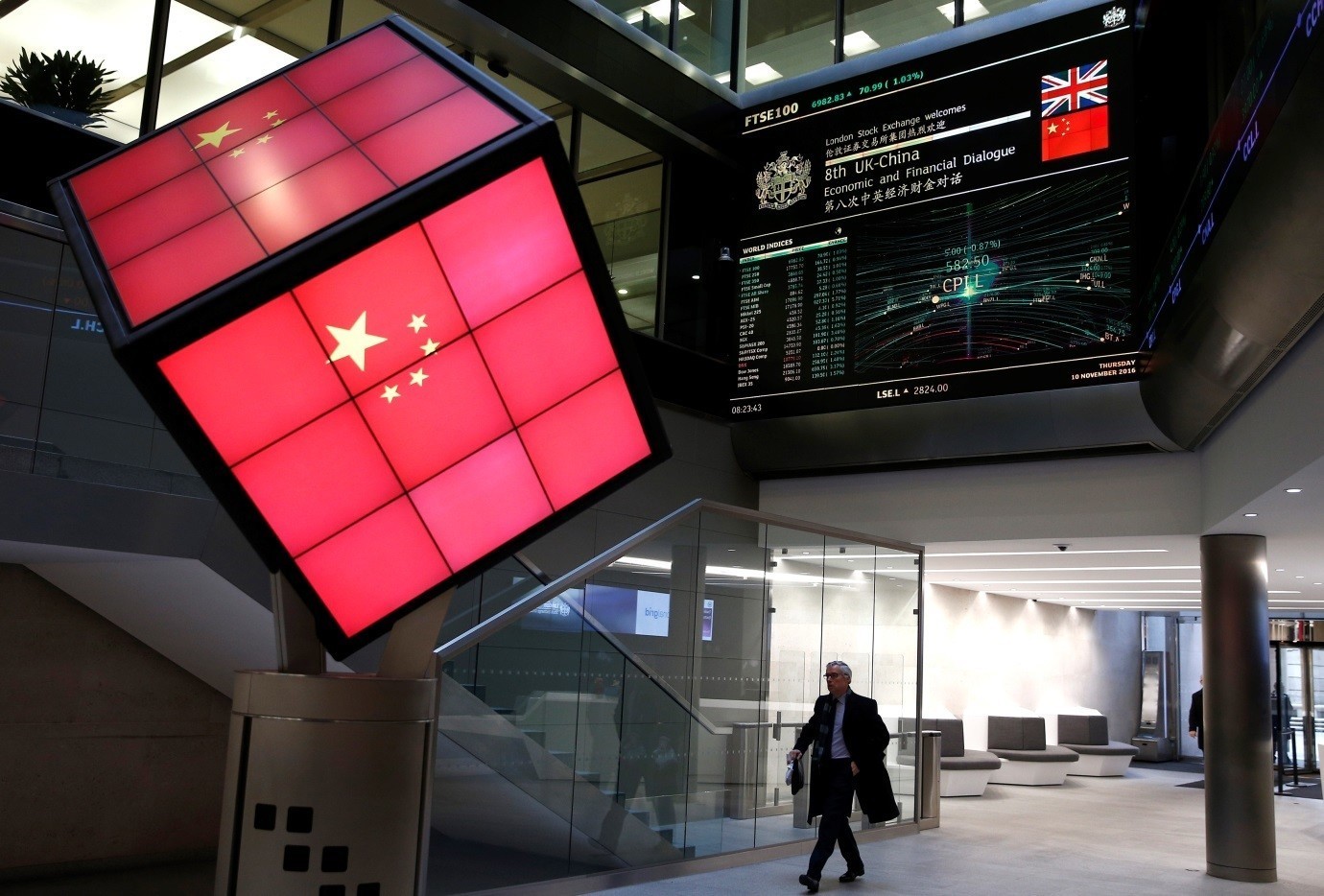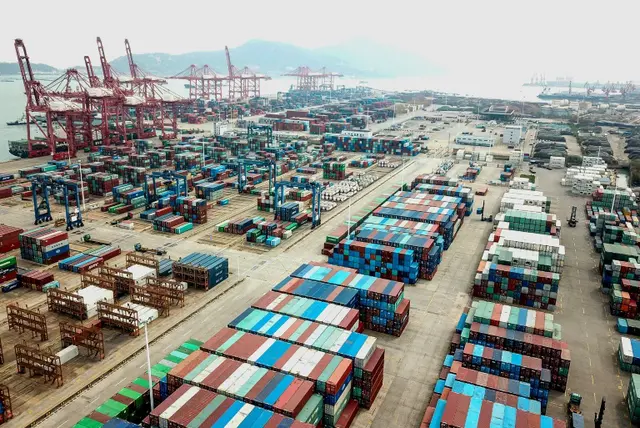Editor's Note:
The writer, Mr I. Hussain Janjua is a senior media professional and analyst having experience of research & broadcast journalism in different organisations. He is a non-resident fellow of Chengdu Institute of World Affairs (CIWA). (Email: [email protected]; twitter: @ihussainjanjua)
China’s buildup of debt to fuel economic growth has been a concern for the West, along with raised fears that it would collapse one day. And if such a situation arises, how would it affect the rest of the world and how Chinese policymakers guard against such a possibility.
Though it may be true that the political system and the state ownership in the economy does have a negative impact the sense of dynamism, forward-looking optimism, and ingenuity reflected among the Chinese policymakers, Chinese workers, and Chinese entrepreneurs are quite reassuring with People’s Bank of China leading the way in policy innovation over the last fifteen years.
Notably, China has relied a lot on the build-up of debt, that is the rapid growth of credit to fuel growth. On the other hand, Chinese have a too high savings rate and to turn that saving into demand, there are two possibilities; they can lend it overseas, and then it comes back to the Chinese economy in the form of export demand --- that’s what they did very successfully in the 1990s and even more after they entered the World Trade Organization in 2001.

In 2008 extending borrowing was up by 140% of GDP and by 2015, it went all the way up to 250% of GDP. Looking around the world, we can’t find any other economies which have taken on so much debt in such a short period. So, the concern people have that China has borrowed so much in a short period, which in case of bad loans will bring the banking sector under pressure.
A financial crisis is triggered by bad loans and disappearance of funding, or the drying up of funding for the banks and this is not a possibility as for China is concerned because the savings rate is very high. Because it’s still difficult to take money out of the country, banks have a substantial funding base. Even if hidden bad loans increase, there is no likelihood that China’s banks will fall over.
As businesses rely on credit and don’t have enough cash flow to keep themselves solvent start going bankrupt. They start letting go of workers, demand disappears, and you have a kind of a self-feeding shock similar to what we saw in the United States after the Lehman shock in 2008.
The US financial system blew up in 2008–2009 as it were the economic linkages which spilt around the world and caused problems for European banks and Japanese banks and Latin American banks. And then, the collapse in US demand had a second-round effect. So, all of these countries had a financial shock, and then they had a real economy shock because the demand for imports from the US disappeared.

In China, financial linkages with the rest of the world have not yet well developed to that level. There aren’t a lot of businesses around the world, or a lot of banks around the world, that have very close or significant connections with the Chinese banks. Therefore, if China’s financial system implodes, it won’t have that immediate economic ripple effect.
The state sector in China besides its negativities is also an instrument which the government can use to act as a kind of countercyclical buffer. If the private sector isn’t hiring and the private sector isn’t investing, the government can instruct the state sector to keep hold of their employees and to accelerate investment projects.
So, to continue growing, China needs to engineer a set of mutually reinforcing reforms. They need to restore the link between credit growth and growth in the real economy so that they can grow without massively adding to the existing levels of debt and leverage. They need to continue a transition from manufacturing to services.
China needs to improve the relationship between the state and the private sector and fast-track the transition process as many of these are interlinked and mutually reinforcing; thus there is no need to worry rather optimism is the better option. Even though the Chinese economy may contract due to COVID-19, but under the dynamic leadership of President Xi Jinping, the second-best economy of the world has the potential to encounter all sorts of challenges.
(ASIA PACIFIC DAILY)
 简体中文
简体中文





